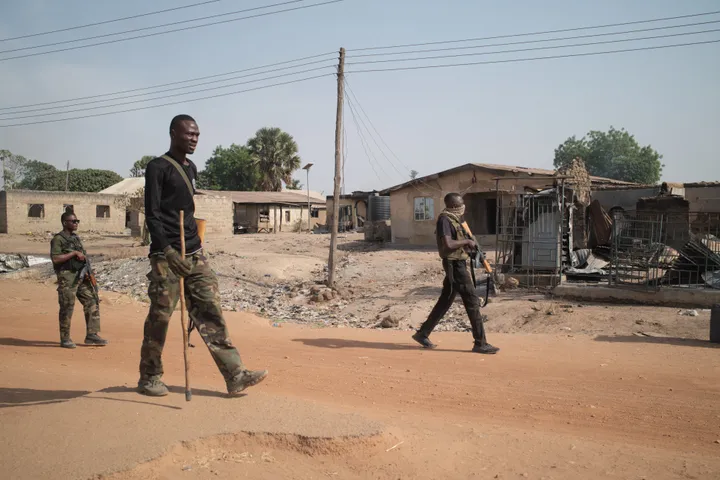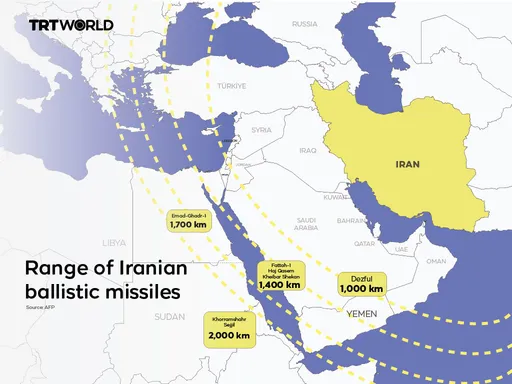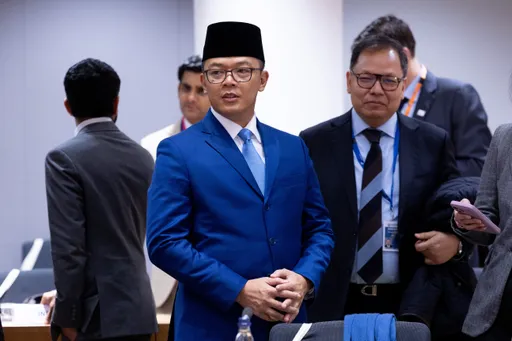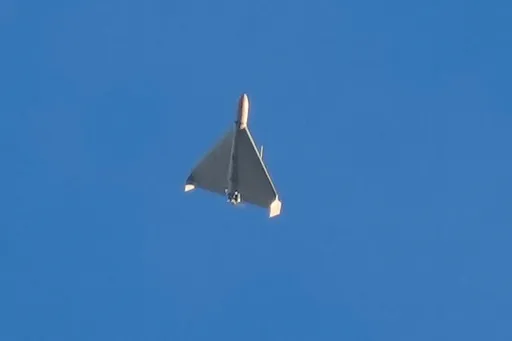Now with a fresh purchase of more than 600 “fire-and-forget” missiles from the US, Morocco’s maritime security is getting an even sharper edge.
In a recent statement, the Defense Security Cooperation Agency (DSCA) announced the sale to the North African country would be worth approximately $260 million.
“The Government of Morocco has requested to buy 612 Javelin FGM-148F missiles, including 12 fly-to-buy missiles and 200 Javelin Lightweight Command Launch Units (LWCLUs),” the DSCA said.
Javelin missiles are highly effective anti-tank weapons that are used by various military forces around the world, according to American contractor Lockheed Martin.
They are conveniently portable and single-manned, meaning a troop can easily balance the missile launcher on his or her shoulder.
Known as “fire-and-forget” missiles, once launched the Javelin does not need an operator to actively guide it to the target.
Instead, it tracks the target during flight and re-adjust its trajectory to ensure a precise hit. This also allows time for the troop to reload another missile to engage a new threat.
But one of the unique features of the Javelin missile is its ability to strike targets from above, targeting the most vulnerable parts of most vehicles, typically the thinner armour on top.
The recent US defence deal also includes a variety of support equipment, technical assistance and training for the Javelin missiles, which will require annual trips of officials to Morocco for around seven years.
The deal also comes as tensions between Morocco and neighbouring Algeria continue to rise over a dispute in Western Sahara, which Morocco claims as its own territory but Algeria supports the Polisario Front rebel group active there.
So will the US’ military package prove a boost for Morocco’s land claims?
Deals with the US
This is not the first time Morocco has purchased a sizable American military package.
In fact, the United States and Morocco have maintained a long-standing partnership in military cooperation, which includes joint exercises, training programs and swapping of personnel.
Last year in April, the US State Department approved the sale of around $750 million dollars in arms to Morocco. This included Joint Stand Off Weapons (JSOW), HIMARS launchers and ATACMS missile systems.
At the time, analysts had conflicting opinions of the deal. Some said it “reflected a natural modernissation push for the North African nation”.
David Des Roches, associate professor at the Near East South Asia Center for Security Studies, told Breaking Defense that the defence deals are not surprising.
The “Moroccan army is one of the most professional in the world and is largely organised along Western lines,” Roches said.
However, other experts have raised concern over regional tensions as Morocco continues to boost its military spending.
For 2024-2025, the Moroccan government increased its spending for “acquiring and maintaining armed forces equipment and supporting the development of the defence industry” by 4.1 percent, reported by Agencia EFE.
The amount allocated was reported as 11.3 billion euros, 9.6 percent of the country's GDP.
For its part, the US’ views these deals with Morocco as support for its own foreign policy and national security interests.
The DSCA statement noted Morocco as a Major Non-NATO Ally and key force for political stability in North Africa, and claimed the latest sale “will not alter the basic military balance in the region”.
Ahead of the potential outcome, Potential Foreign Military Sales must be approved by Congress and are subject to change as prices and unit amounts adjust during negotiations.
So we are yet to see if the sales will go through and how it may or may not alter regional balance.























